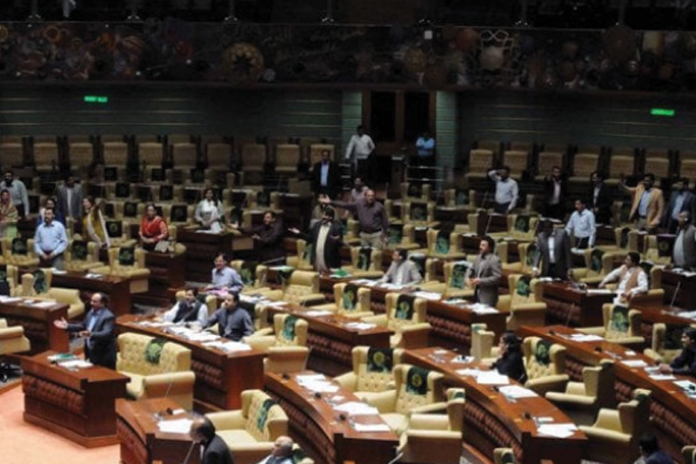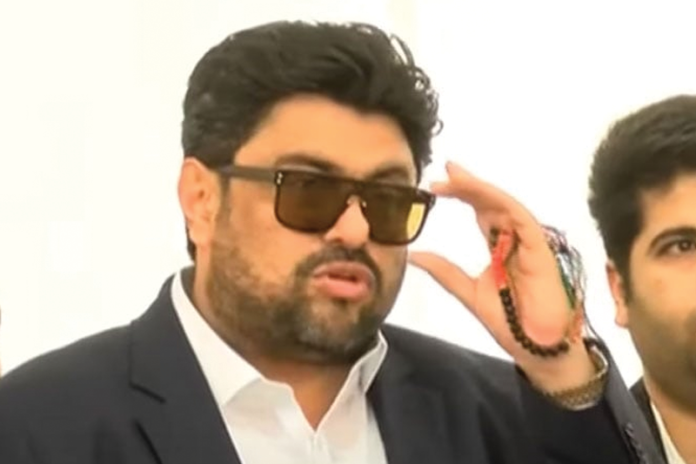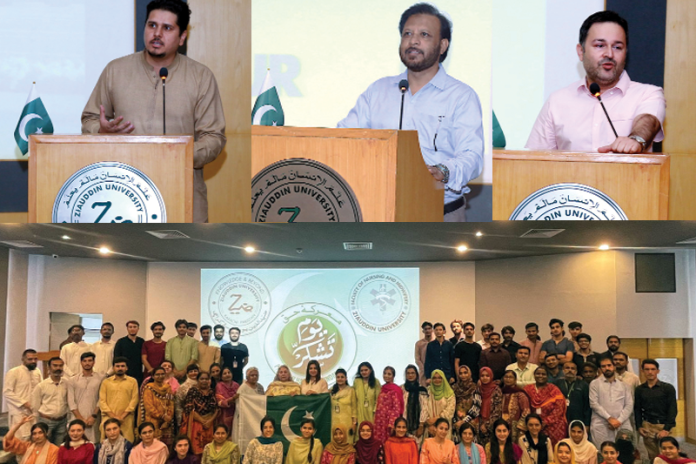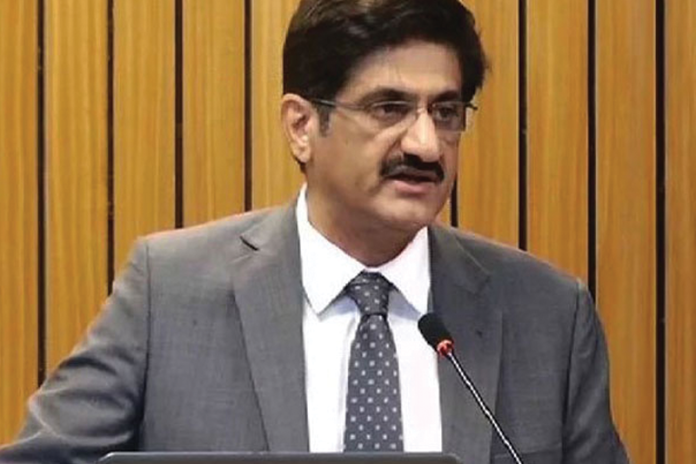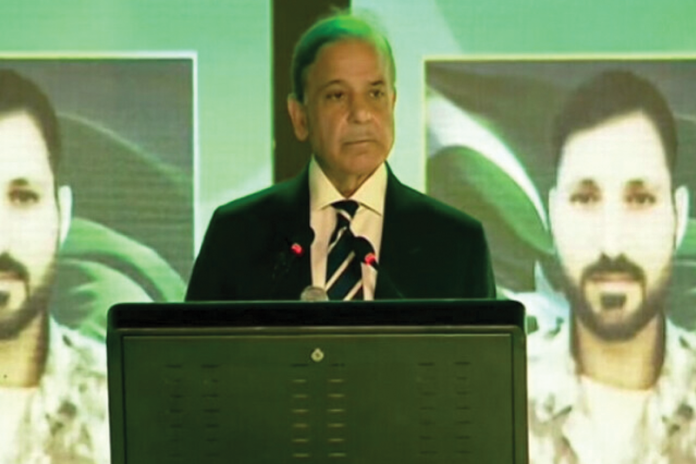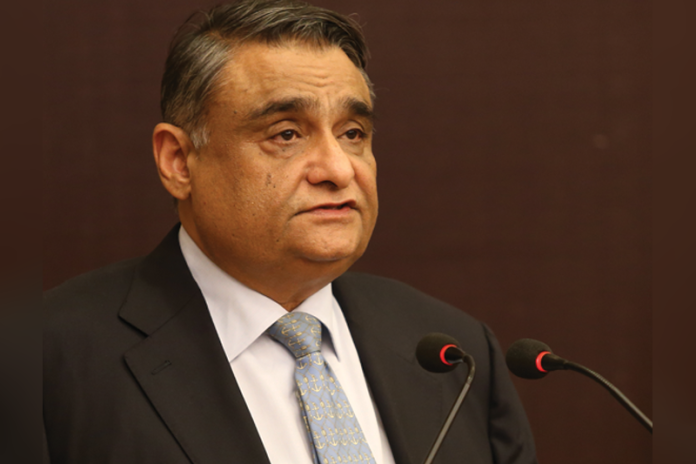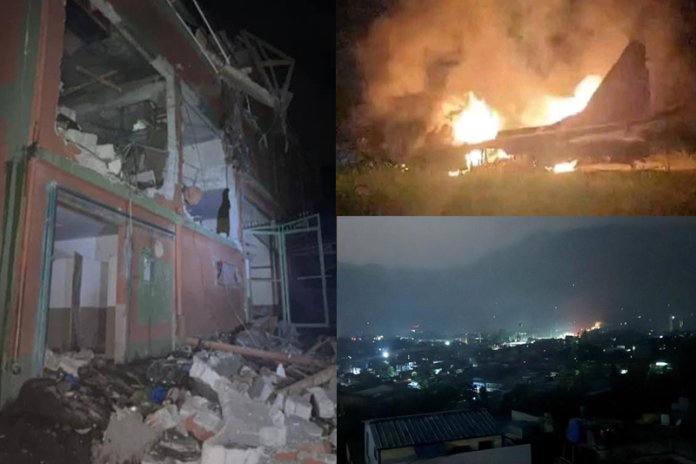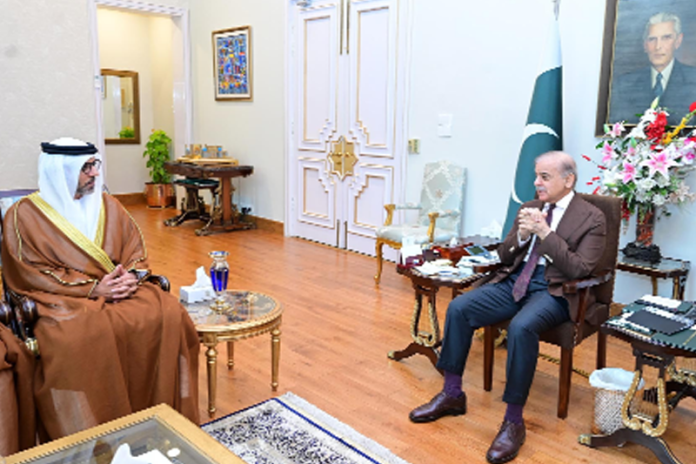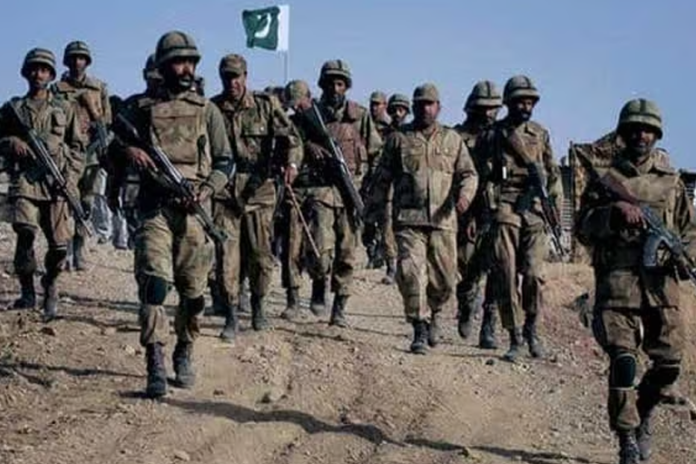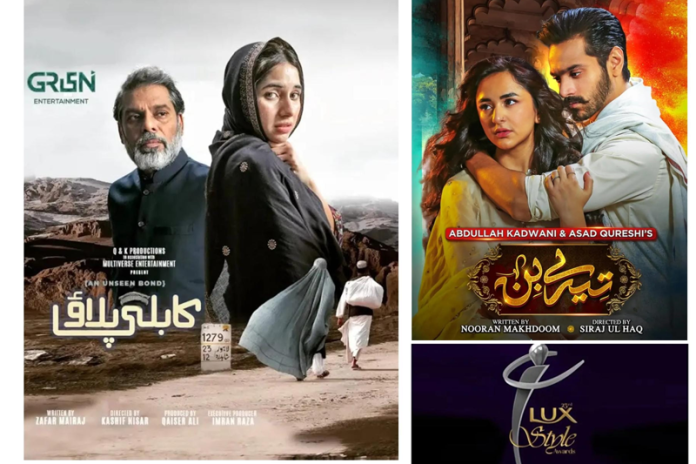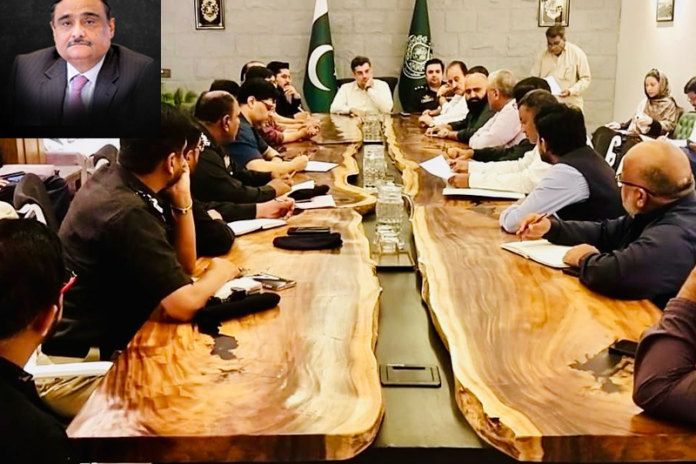Gaza: A Humanitarian Catastrophe Unfolding Before Our Eyes

- 59
- 0
The haunting words from the Palestine Red Crescent Society (PRCS) echo through the corridors of global conscience: “Gaza is left to starve and ache, with zero aid trucks entering since March 2.” These words are not just a cry for help—they are an indictment of a world that has turned a blind eye to the humanitarian catastrophe unfolding in the Gaza Strip.
For weeks now, Gaza’s residents have been trapped in a nightmarish reality. The border crossings remain stubbornly closed, effectively sealing off the territory from desperately needed humanitarian aid. The PRCS has made an impassioned plea, urging the immediate opening of crossings to allow essential supplies to flow. Yet, their calls have been met with a deafening silence.
A Siege of Humanity and Faith
This situation is not just a blockade; it is a siege on human dignity and a violation of the very principles of Islam and humanity. In Islam, the sanctity of human life is paramount. The Holy Quran (Surah Al-Ma’idah 5:32) reminds us: “Whoever saves one life, it is as if he had saved all of mankind.” Yet today, Gaza is being deprived of the basic right to life, with people left to starve and suffer in unimaginable conditions.
Islam teaches us that standing up for the oppressed is not merely an option but a duty. Prophet Muhammad (PBUH) said: “The believers are like one body; when any limb aches, the whole body reacts with sleeplessness and fever.” Today, Gaza is that aching limb, and it is incumbent upon the global Muslim community to feel this pain and respond with solidarity and support.
Aid as a Religious Duty, Not Just a Human Right
The withholding of aid in Gaza is not just a political strategy—it is a blatant violation of both basic human rights and Islamic principles of justice and mercy. The teachings of Islam emphasize compassion for the oppressed and providing assistance to those in distress. Blocking humanitarian aid is akin to denying a fundamental Islamic obligation—to feed the hungry, care for the sick, and support the weak.
International humanitarian law unequivocally mandates that civilians must be protected, and humanitarian aid must be allowed to reach those in need. Yet, Gaza remains an anomaly, where humanitarianism is negotiated rather than guaranteed. A blockade of this nature is collective punishment—an act strongly condemned by Islamic teachings.
A Call to the Muslim Ummah
It is disheartening to see the global Muslim community’s response remain largely symbolic. Statements of condemnation are simply not enough. Islamic values call for action—immediate, sincere, and impactful. Islamic countries, especially those wielding economic and political influence, must rally to break this humanitarian blockade.
The Organisation of Islamic Cooperation (OIC) and influential Muslim-majority nations must not only raise their voices but also initiate tangible measures to alleviate Gaza’s suffering. Silence at this juncture is not just complacency—it is complicity.
The Deafening Silence of Global Powers
The global response to Gaza’s plight has been pitifully inadequate. Nations that champion human rights on international platforms have failed to address the ongoing humanitarian disaster. While aid agencies continue to warn of a looming catastrophe, political leaders remain engrossed in diplomatic rhetoric, far removed from the ground realities of Gaza’s despair.
Where are the voices of reason and compassion when an entire population is left to starve? The United Nations, the European Union, the Arab League, and other influential bodies must do more than issue statements. They must leverage their diplomatic influence to ensure that humanitarian aid is not weaponized.
Opening the Crossings: An Urgent Necessity
The PRCS’s call to open the crossings is not just a plea—it is an urgent, life-saving demand. Every hour that passes without aid reaching Gaza pushes its inhabitants closer to the brink. Humanitarian organizations stand ready to deliver supplies, but they are immobilized by a political impasse that values power over people.
As Pakistan has historically stood in solidarity with the Palestinian cause, it is imperative for our government to lead diplomatic efforts to resolve the crisis. Pakistan’s voice on international forums must be louder and more persistent, advocating not only for political resolutions but for immediate humanitarian intervention.
A Moral and Spiritual Responsibility
Islamic teachings call upon us to protect the oppressed and be the voice of the voiceless. In Surah Al-Hajj (22:39), Allah grants permission to those who are wronged to fight because they have been oppressed. The struggle for Gaza is not just political; it is a moral and spiritual duty for every believer.
Prophet Muhammad (PBUH) also instructed the Ummah to support each other, saying: “Whoever relieves a believer’s distress of the distressful aspects of this world, Allah will rescue him from a difficulty of the difficulties of the Hereafter.” Today, the distress of Gaza is a test for the global Muslim community’s unity and resolve.
The words of the PRCS—“Let aid in. Let Gaza live. Open the crossings now.”—are a direct challenge to the moral fabric of the international community and the faith-driven conscience of the Muslim Ummah. If humanity still holds any meaning in the modern world, Gaza’s people must not be left to suffer in silence.
The blockade of humanitarian aid is not just a political issue; it is a moral failing. The question remains—how many more must die of hunger and disease before the world acts? It is time for leaders to rise above their political differences and remember the fundamental principle that every life is sacred.
Until then, Gaza waits—starving, aching, and praying for the global Muslim community to answer their call..


